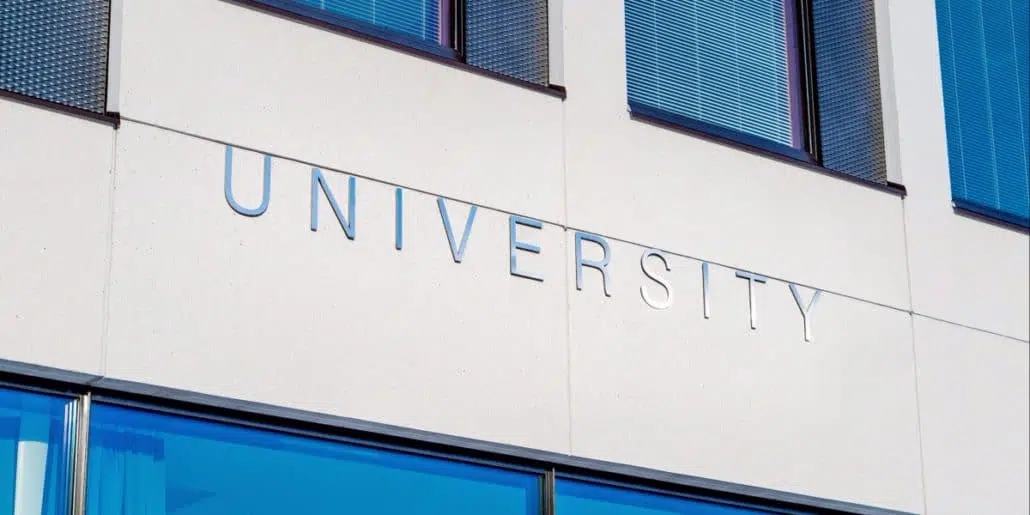Very often candidates for immigration to Canada fail to meet the basic eligibility factors of the 3 main Express Entry classes. This is often due to a lack of education, work experience or language ability. However, there is a growing number of immigrants that have found ways around this, and it comes in the form of education.Here are some alternative pathways to immigration in Canada.
Post-secondary schools in British Columbia and Ontario, Canada’s two main markets for immigration, are experiencing record levels of intake. This is especially noticeable in the graduate studies programs. Why is this relevant? The Government of Canada is actively trying to keep these highly skilled students in the country after their studies are over. This comes in the form of a Post Graduate Work Permit.
What does this mean for someone who doesn’t qualify for Express Entry? Simply put, in an extreme case, you can enter a 9 month graduate program at a registered university and be eligible for an open work permit in Canada for up to 3 years. This has allowed many unqualified applicants to gain skilled work experience in Canada and make applications for PR through the Canadian Experience Class. Of course there are many other factors at play, but to the right individual, a short graduate program might just be the ticket to Permanent Residence in Canada.
Another way through the hurdles of the PR classes is to accompany your spouse while he or she studies in a University. Canadian Immigration rules state that spouses and common-law partners of students will be eligible for open work permits. Again, this has provided another way to achieve the end goal of permanent residence, as it allows one of the partners to gain skilled work experience in Canada.fakerolex

